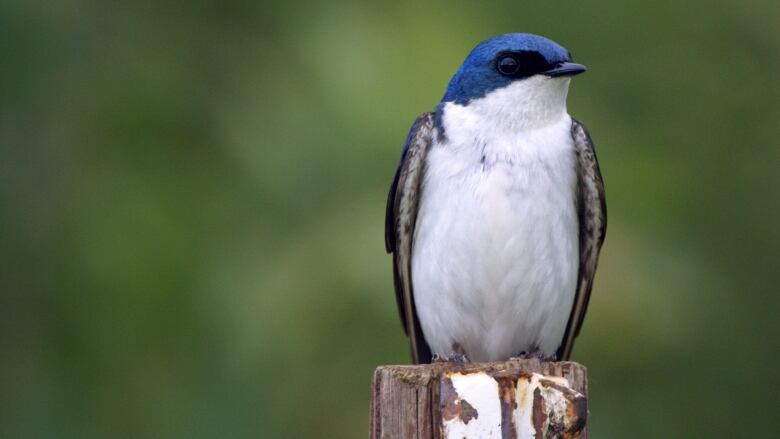May 21: Losing sleep over climate change, growing plants in lunar soil, trilobite sex and more…
The sound of biodiversity loss, carbon emissions and medical care and a question of blowing air.


On this week's episode of Quirks & Quarks with Bob McDonald
Study says climate change could cause us to lose sleep – in more ways than one
Anxiety about the future of the planet's ecosystems is not the only way climate change is likely to disrupt our sleep. A new study analyzing the sleep data from over 47,000 people worldwide has found that rising nighttime temperatures cause people to lose sleep, and it's only going to get worse with climate change. Kelton Minor, a PhD candidate at the University of Copenhagen Center for Social Data Science, is the lead author of the study published in One Earth.

Scientists successfully grow plants in moon dust
For the first time, scientists have been able to cultivate plants in extraterrestrial material. Researchers at the Space Plants lab at theUniversity of Florida used lunar "regolith" – dirt and dust collected by astronauts during the Apollo missions 50 years ago. The plants didn't do as well as plants grown in Earth dirt, but they did grow, suggesting that cultivating plants should be possible for a lunar colony. Dr. Anna-Lisa Paul, is one of the scientists behind the work, which was published in the journal Communications Biology.


Fossil preserves critical evidence for how trilobites had sex half a billion years ago
A 508 million year old trilobite fossil from the Burgess shale in B.C. revealed a clue to how the distant relative of modern animals like spiders, insects and crustaceans had sex. Sarah Losso, an organismic and evolutionary biologist from Harvard University, studied the rare fossil and discovered two previously unknown appendages equipped with claspers used for hanging on to a female during mating. Her research was published in the journal Geology.

A scientist recreates avian soundscapes so we can hear what we're missing
Using citizen science data from bird counts in Europe and North America, a researcher from the U.K. devised a way to illustrate the loss of bird species over the years. Simon Butler, a conservation biologist at the University of East Anglia in Norwich, used the numbers to reconstruct soundscapes at 200,000 different locations over time to show how the sounds of nature have changed. He says across the board, our soundscapes are quieter, less varied and not as interesting than they used to be. His findings were published in the journal Nature Communications. (Audio from Butler's soundscapes courtesy of Xeno-Canto.)


How the medical system needs to – and is – engaging with its climate impacts
The global medical system is a major contributor to greenhouse gas emissions. It needs a new prescription at every level according to Dr. Fiona Miller, a Professor of Health Policy at the University of Toronto. One of the areas of greatest concern is the hospital operating room. The impact of the O.R. on climate change was the focus of a new study by Victor Agbafe, a medical student at The University of Michigan. His research was published in The Journal of Clinical Oncology.

Quirks Question: Why does my breath feel warm when I exhale with an open mouth, and cool when I blow through tight lips?
This week's question comes from Sunny Jordhal from Surrey, BC. For the answer we go to Ania Harlick, a physicist at the University of Toronto.
